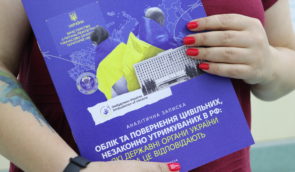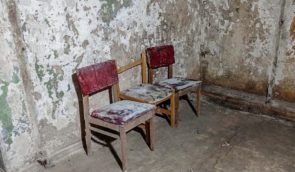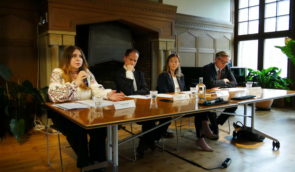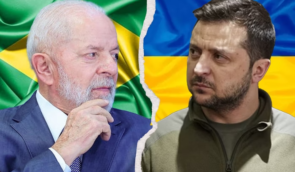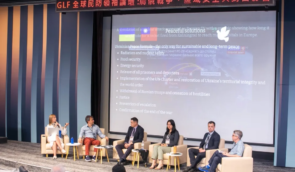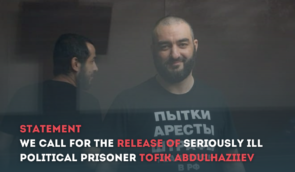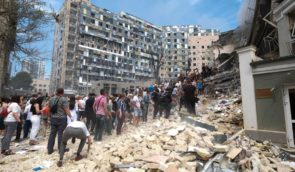International Commission on Missing Persons invites Ukrainian NGOs to sum up results of the year
On December 20, families of missing persons and representatives of NGOs, including Human Rights Centre ZMINA, took part in the final meeting of the International Commission on Missing Persons (ICMP).
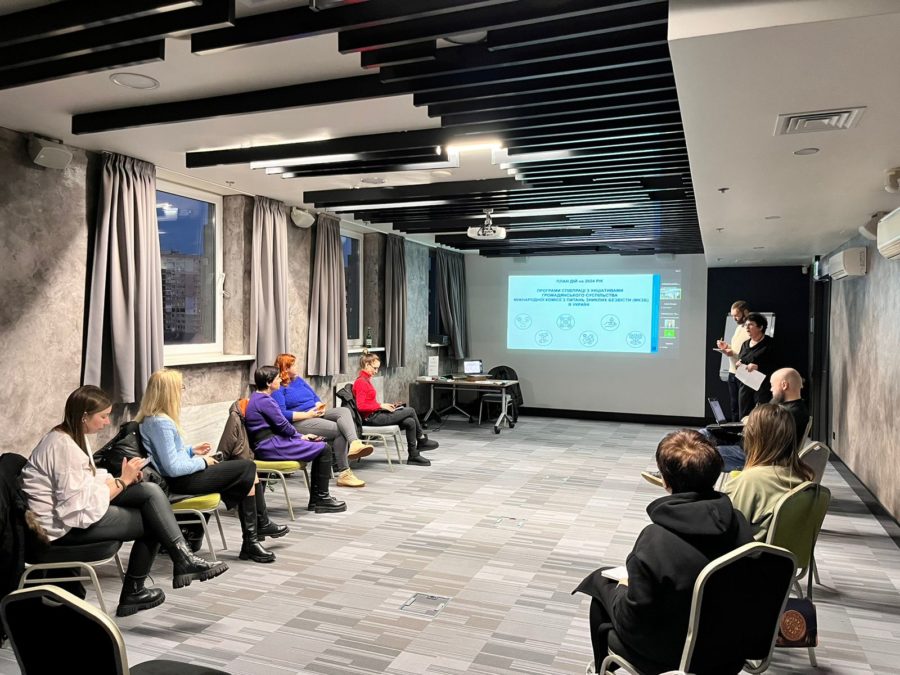
During the event, Natalia Okhotnikova, ZMINA’s human rights adviser, noted that the organization had projects focused on enforced disappearances, torture and deportations. She explained that ZMINA representatives conducted in-depth interviews and went on field missions to document Russian war crimes. Telephone and written appeals from citizens were also accepted.
“We conducted information campaigns, made thematic reports, prepared research and analyses. In particular, we prepared analyses about a torture chamber at a school in Kherson region, deportees and their return, collaborationism, the rescue of Crimean political prisoners, women’s cells in a temporary detention center in Kherson, arbitrary detention of active citizens and officials,” Okhotnikova added.
According to the human rights activist, ZMINA actively cooperates with a number of international organizations (UN and OSCE). Its representatives visit the countries of Western and Eastern Europe, as well as the USA to inform the expert community about the human rights situation in Ukraine and speak about war crimes.
At the end of the meeting, Alma Mašić, coordinator of ICMP’s civil society initiatives program, took the floor and presented the action plan for 2024. She reported on ICMP’s further support for family associations and the launch of programs for them in the new year.
Mašić also noted that the ICMP planned to hold an information campaign abroad for Ukrainians looking for missing persons. During such events, families will learn more about existing tools for finding and identifying the dead.
“The new program should strengthen the capacity of NGOs, promote their coordination with state institutions and support their active participation in the process of searching for and identifying missing persons,” Mašić explained.

